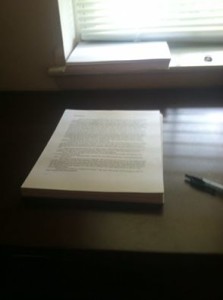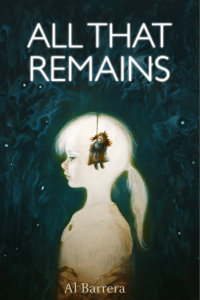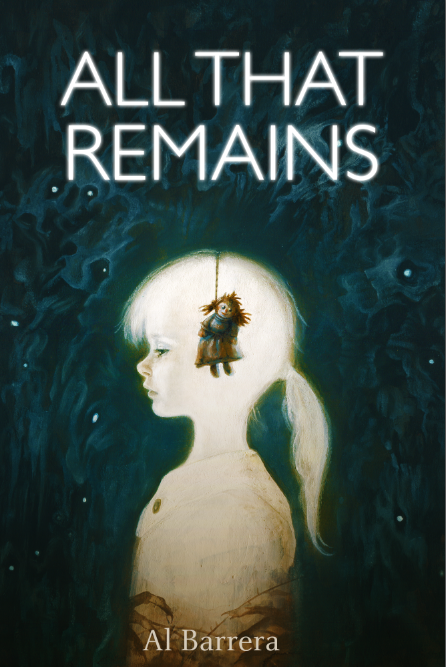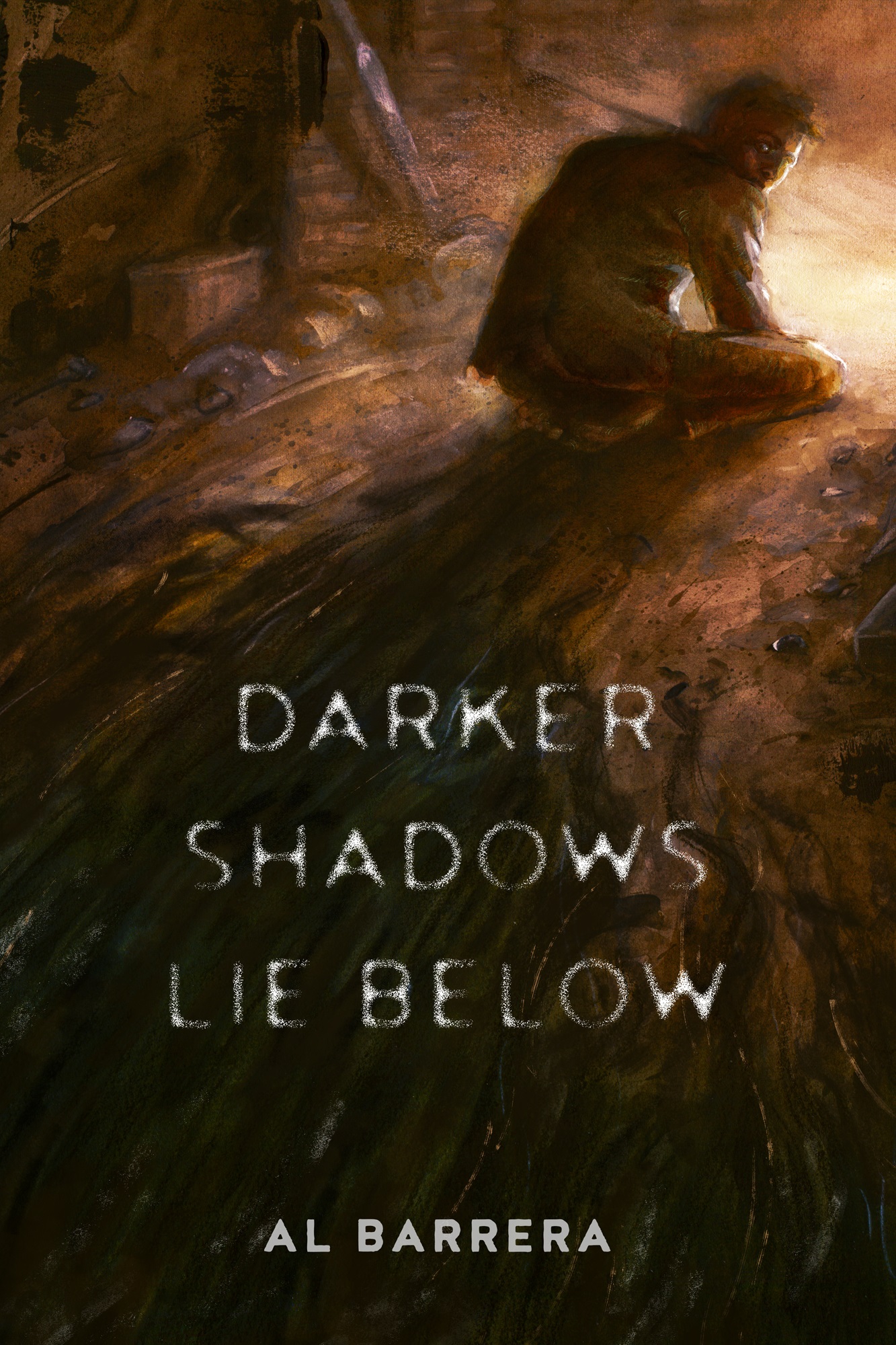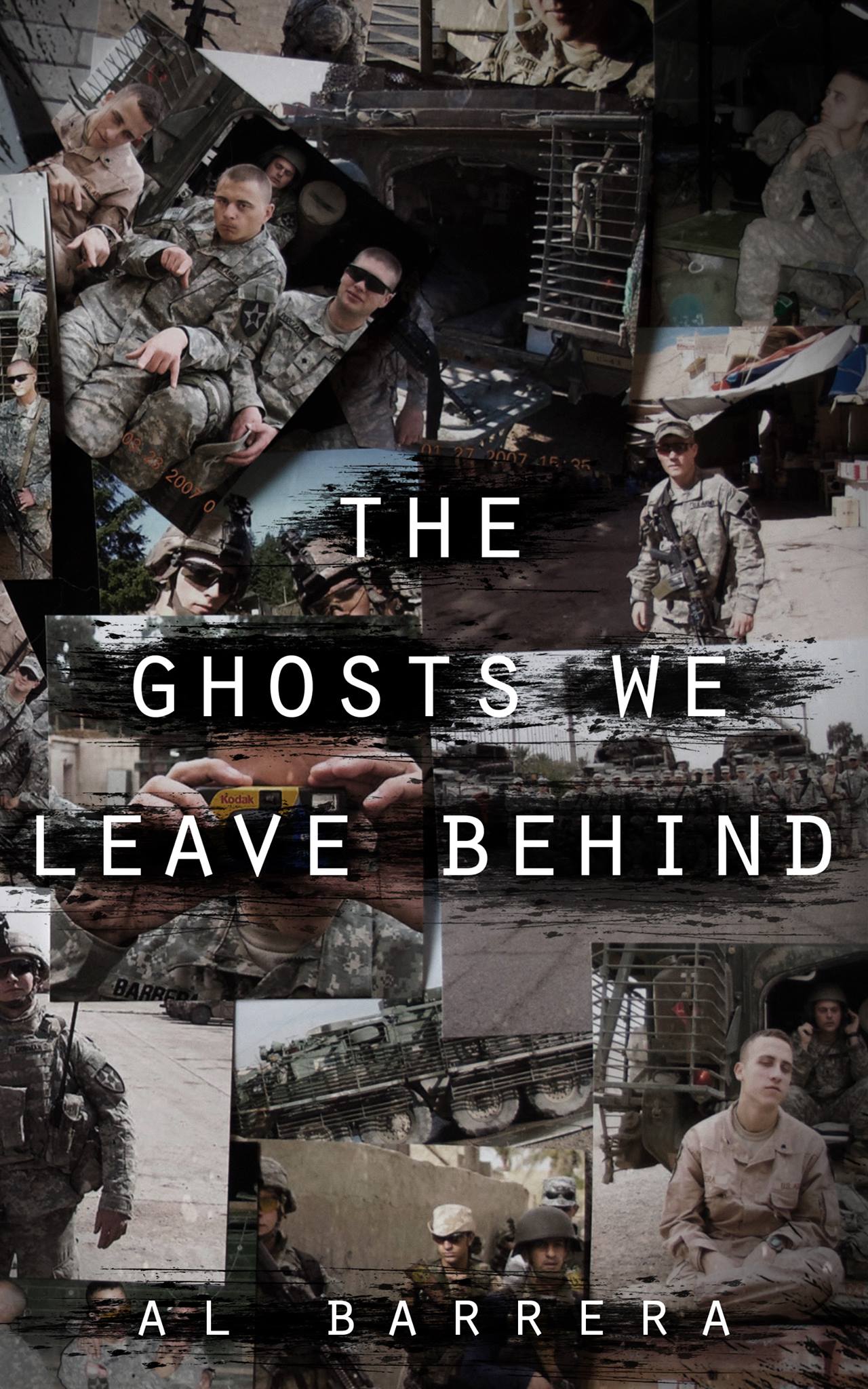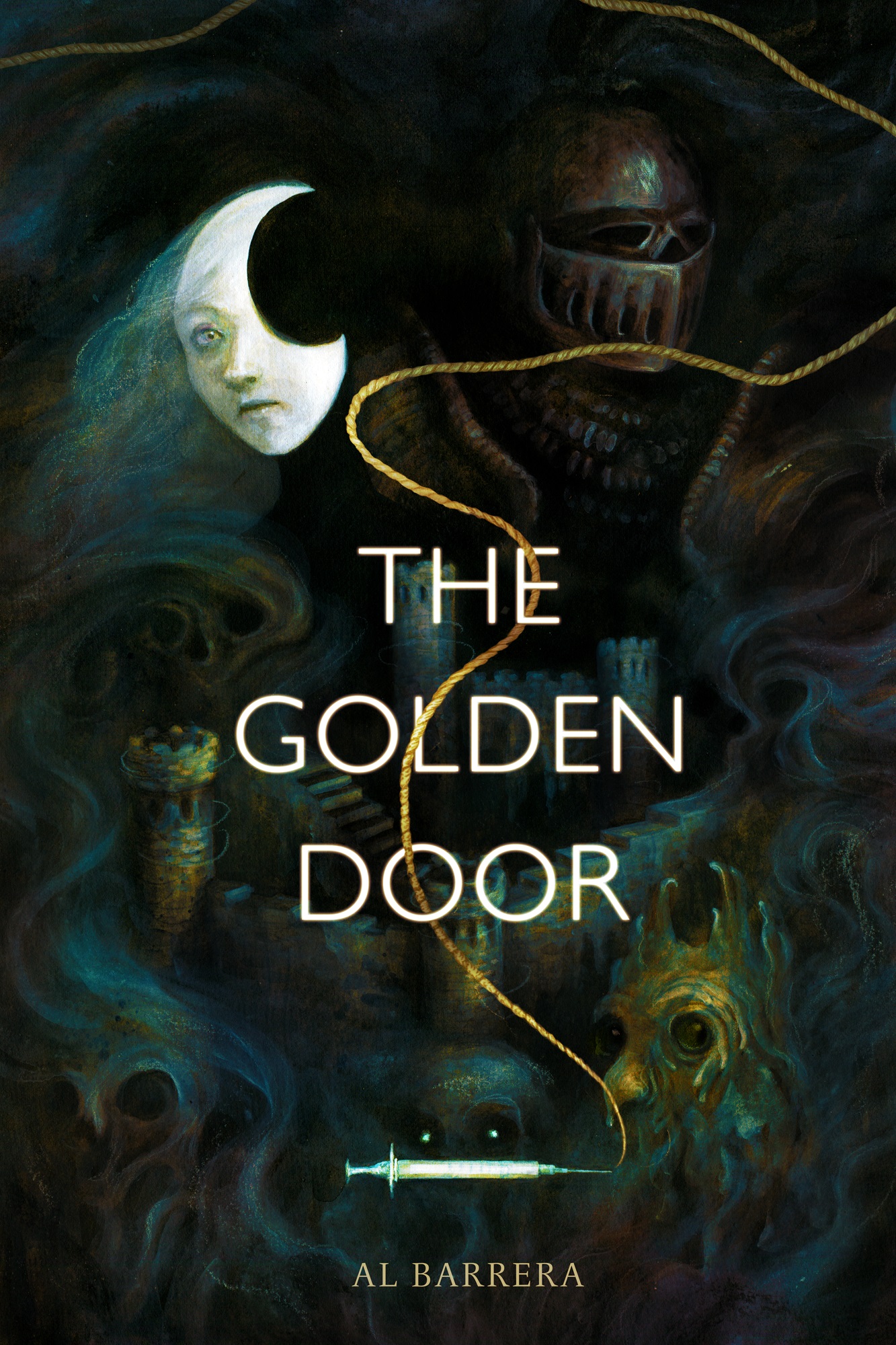Debbie Reynolds died yesterday. Carrier Fisher passed the day before. Anyone who’s used the internet or checked the news over the last few days couldn’t have missed it. It’s ubiquitous, as if the whole world reeled from the loss of two people they only knew through their work.
A friend scoffed at my sadness over the world losing this mother daughter duo. “Why?” he asked. “You didn’t know them.” And that’s true, of course. We may have been in the same state at the same time at some point in my thirty years of living, but it would have been a mystery to them as well as me. Them, because they’d never have heard of me, and me, because it wasn’t as if I knew the details of their lives. I knew Carrie was a writer after her acting career, of course. I knew that Debbie had been Hollywood royalty before my parents were born. But the ins and outs of their day to day lives were as much a mystery to me then as they were in their final days.
But as a storyteller, how could I possibly miss them? Singing in the Rain is widely regarded as one of the best movies of all time. You can’t explore the fifties and sixties of last century without seeing pictures of Debbie’s glowing smile. Carrie Fisher couldn’t escape Star Wars with an actual space ship and a hundred years in a galaxy far, far away. They, like the news of their passing, were everywhere.
Both of them sculpted the land of entertainment. Debbie stepped onto the Hollywood scene as the silent films gave way to the talkies. As the nature of Hollywood today began to insert itself into the popular consciousness. Bright. Proud. All glits, glamour, and beautiful people with shining smiles. Thirty years later her daughter would star as one of the three leads in a movie series that changed the way the world looked at and experienced sci-fi. Star Wars did more than that, it shaped the way we interact with our media, and it still does. (One has only to look at the pictures from the Jedi Training Camp my friend’s children took part in to see that’s the case) Both of them were, and always will be, dynamos.
But me? I never knew either of them. Never so much as met them. So what is it that makes their passing so sad? Why do I and others feel more than the usual empathy over another’s tragedy? I believe that lies at the heart of why so many consider 2016 to be a terrible year.
We grew up seeing Debbie Reynolds and her daughter on the silver screen. Quite literally larger than life. We saw them dance and sing their way through troubles, and we saw them fight evil on other worlds. We knew that none of those things happened, but that’s the magic of modern storytelling. Those seats in a theater, those pages in a book, they transport us to another world. For just a moment, Carrie Fisher isn’t Carrie Fisher, she’s Princess Leia. Her mother isn’t just a distinguished woman who’s raised two children and kept smiling through tragedy, she’s the Unsinkable Molly Brown. When the movie or book closes, and the magic fades, we drift back into the real world. Carrie Fisher and her mother become actresses once more. But we still feel that closeness with the storyteller and the actor. That sense that we know something about them, even if we can’t put our fingers on it. A sense of appreciation that is usually reserved for people close to us, or at least acquaintances. And so we feel close to them.
And what happens when they grow old? To those of us who’ve watched those movies over and over, Debbie and Carrie are forever 21. Every time we enjoy those old films, we set time back to the summer of 78 or 64. We go on that journey all over again, lost in the magic. Even as the meaning of media changes to us with age, it still transports us back to a time when we watched the two of them with awestruck wonder. When we sang along with the songs as if they were ours, and we swished sticks as if they were lightsabers.
And what happens when those people we only think we know pass? When they age and die as we watch their ghosts live forever on the screen?
We’re forced to face our own mortality, in a way. We’re reminded once more that summer of 78 was a lifetime ago. That the young people who grew up watching Debbie Reynolds have grown old as well, birthing and raising us or our parents. The reality of it all, the big world outside of our fiction bubble, crashes in just a little bit. That sky above the magic cracks, and reality bleeds through. In doing so, it forces us to look up and contend with our own lives, be they waxing or waning. We must face that the memories of who we were when we first learned of those stories is no longer who we are. The young girls and boys that sang and played, that believed in the magic like only the young can, have grown into the people we are today.
Like the Debbie and Carrie on screen, the memory is only a ghost of who we are. Those swishing sticks and sing along songs are gone, and when we mourn the death of the amazing talents that brought them to us, we in a way mourn our own passing.
And so in a year like 2016, when so many icons of our childhoods have moved on, we find ourselves wondering why it hurts even when we didn’t know them. We wonder what it is about their passing that aches so much, and what it means to care for someone who never knew your name.
I didn’t know Debbie or Carrie, and I certainly can’t speak for what they thought awaited them in the end credits of their stories. They were, by all reports, as close as a mother and daughter could be. Sisters as much as parent and child. When Carrie passed, Debbie didn’t want to stay in the world without her. There’s something tragic in that, but something comforting as well. They lived a life fifty feet high. A life viewed and adored by millions across three generations. They saw and did more than most ever will, and both understood how lucky they were to have that. While we contend with our own mortality, and we spare our thoughts for their family now left without them, there is a comfort in them being together. Whatever awaits them next, they don’t go alone. They remain together in the hereafter, facing whatever that entails side by side.
The rest of us will always have the gifts they gave us. Those ghosts on the screen, and the memories of who we were when we first met them. It’s a small comfort, but it’s something.

